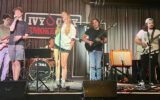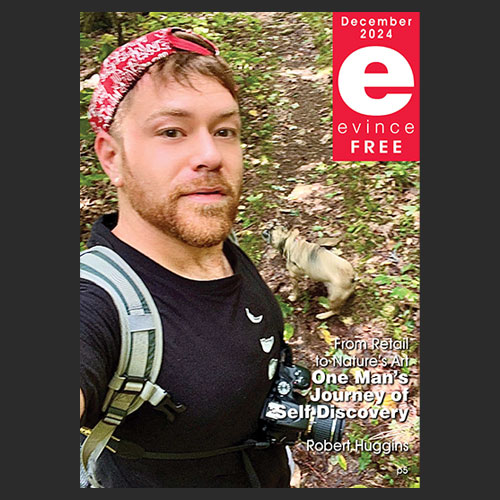Because I knew how much her novel meant to Faye Solomon Kushner, I was honored when she agreed to allow me to comment about it. Writing with such candor and courage, she revealed what her siblings never wanted written about life with their Kentucky coal-miner’s family. To say her book is stunning is an understatement. Chances are that anyone who reads A Time to Run who has wanted to write their own autobiography will be moved to begin their first chapter. I urge that writer to be you!
As you will see from her answers, the author is both candid and courageous.
Barry Koplen: When did you know you wanted to be or happened to be a writer?
Faye Solomon Kushner: I didn’t know I wanted to be a writer until I found the right story…or rather, it found and chased me. Wouldn’t let go.
BK: Was there a story you wanted to tell?
FSK: No, not at first. It wrote itself in my head, daily. That was my first draft. The draft chased me until I picked up a pencil and said to myself, “Okay, Dad, shoot!”
BK: Did you know whether you wanted to write prose or poetry?
FSK: Prose. I wanted to write prose. I had been writing poetry throughout childhood. It had served certain emotions but was usually thrown away. Forgotten. Private drawer space.
Much later, I was inspired by John Steinbeck’s The Grapes of Wrath and, most importantly, by Eugene O’Neill’s play, The Hairy Ape. I related to the struggle of O’Neill’s main character to find purpose and a sense of belonging. By then I was in college, majoring in English. I knew I would write my THE novel, but was soon to start teaching and had little time. I had no outline, no theme, only characters and a setting. My family, my dad, in particular, and an Eastern Kentucky coal mining setting. Most of my father’s life was spent in the dark of the mine. He only saw one sunset each week. He promised that none of us, his children, would have to crawl through the mines like he did. I’ve never forgotten that. From that experience, I found my main characters and hero, my dad, a coal miner, and regional characters other than my family.
Writing my novel was essential because I wanted to celebrate my father’s life, his dedication to liberating us from the darkness in which he lived. Although I finished my novel more than five years ago, I still cry for him when I recall how much he taught me about mankind’s universal need to belong.
BK: Were you inspired by another writer, perhaps a famous writer?
FSK: I was basically untrained, but the story was there in my heart. I began researching when my children went away to college. But time was still a challenge. The novel took fifteen years of writing. Thursday was my writing day. Every Thursday night, I went to bed crying for the hardships of that area, especially my family’s. Research days were the easiest. I read my favorite writer constantly; namely, Hawthorne. My favorite line from The Scarlett Letter was Hester’s, “In all things, I have striven to be true.”
BK: Once you began to write, what were some of the difficulties you had to overcome?
FSK: Even though I thought every grain of me had praised my mountain family for their courage and drive, my sisters were unhappy and still are at the truth my novel, The Time to Run (2017), revealed. That was heartbreaking to me, but I was very proud of my work. I believed I accomplished exactly what I set out to do. I saw my characters as heroes—though downtrodden and sometimes ignorant—but mostly God’s people.
BK: Have you published any of your writing?
FSK: Yes, The Time to Run is available on Amazon and at the Danville Museum of Fine Arts and History.
BK: Finally, do you have any advice for writers who are just getting started?
FSK: My advice to young writers is Emersonian, “Trust thyself. Every heart vibrates to that iron string.”






